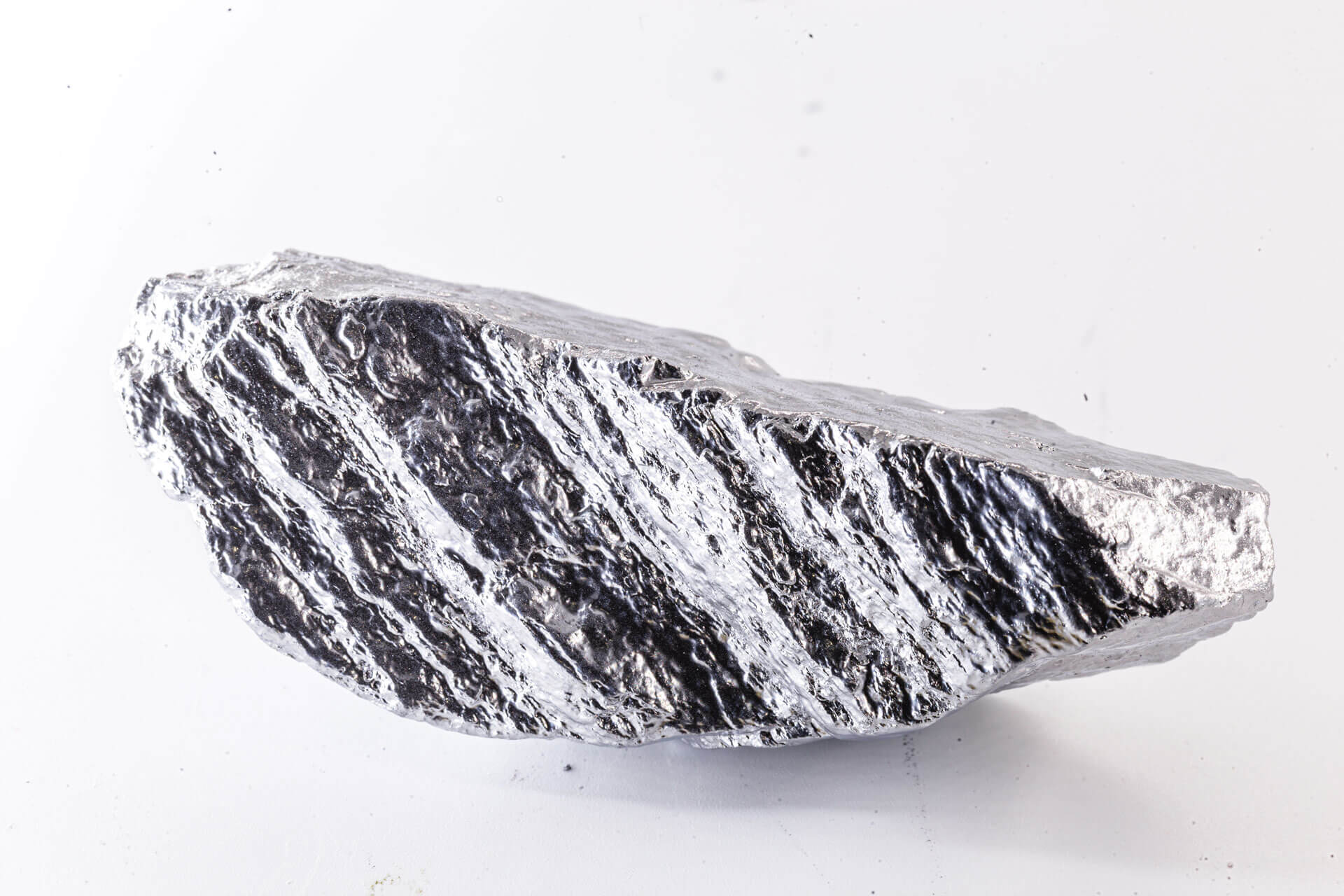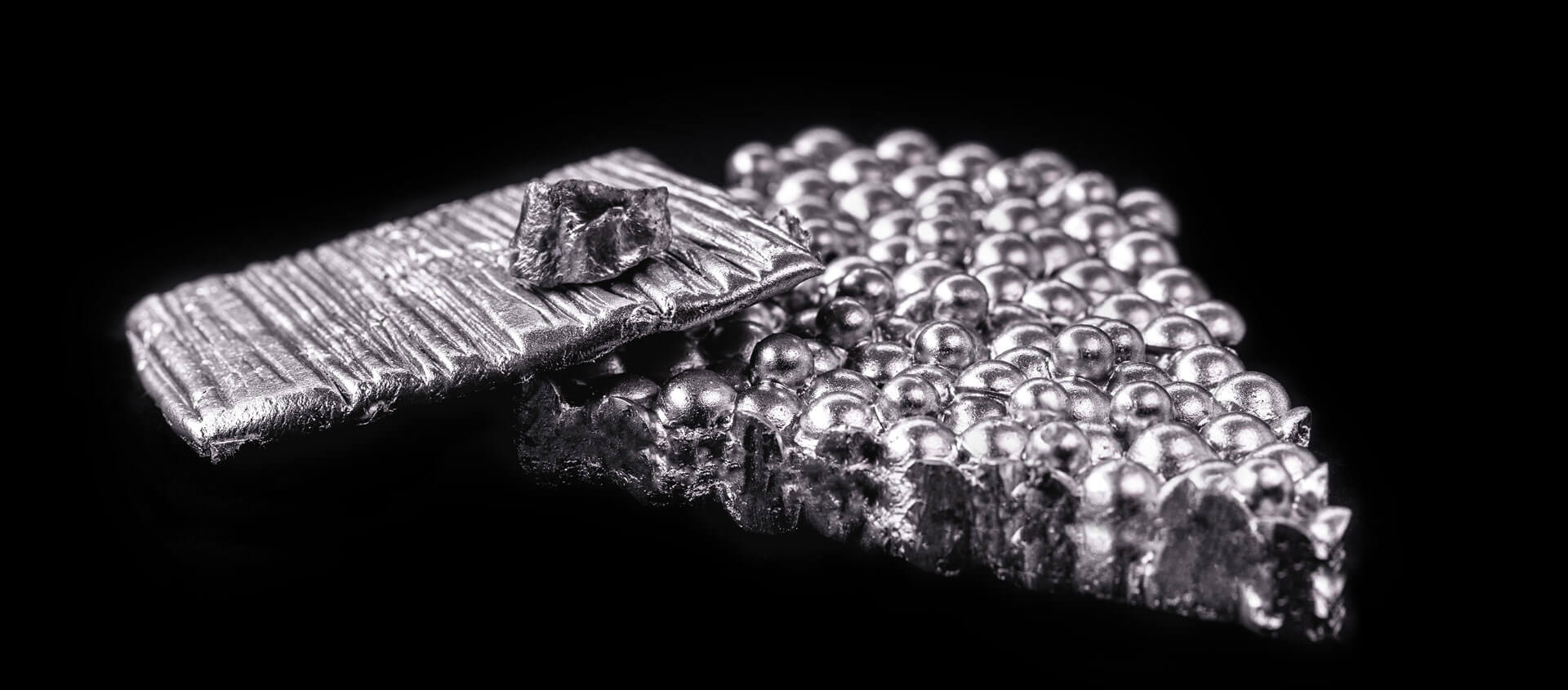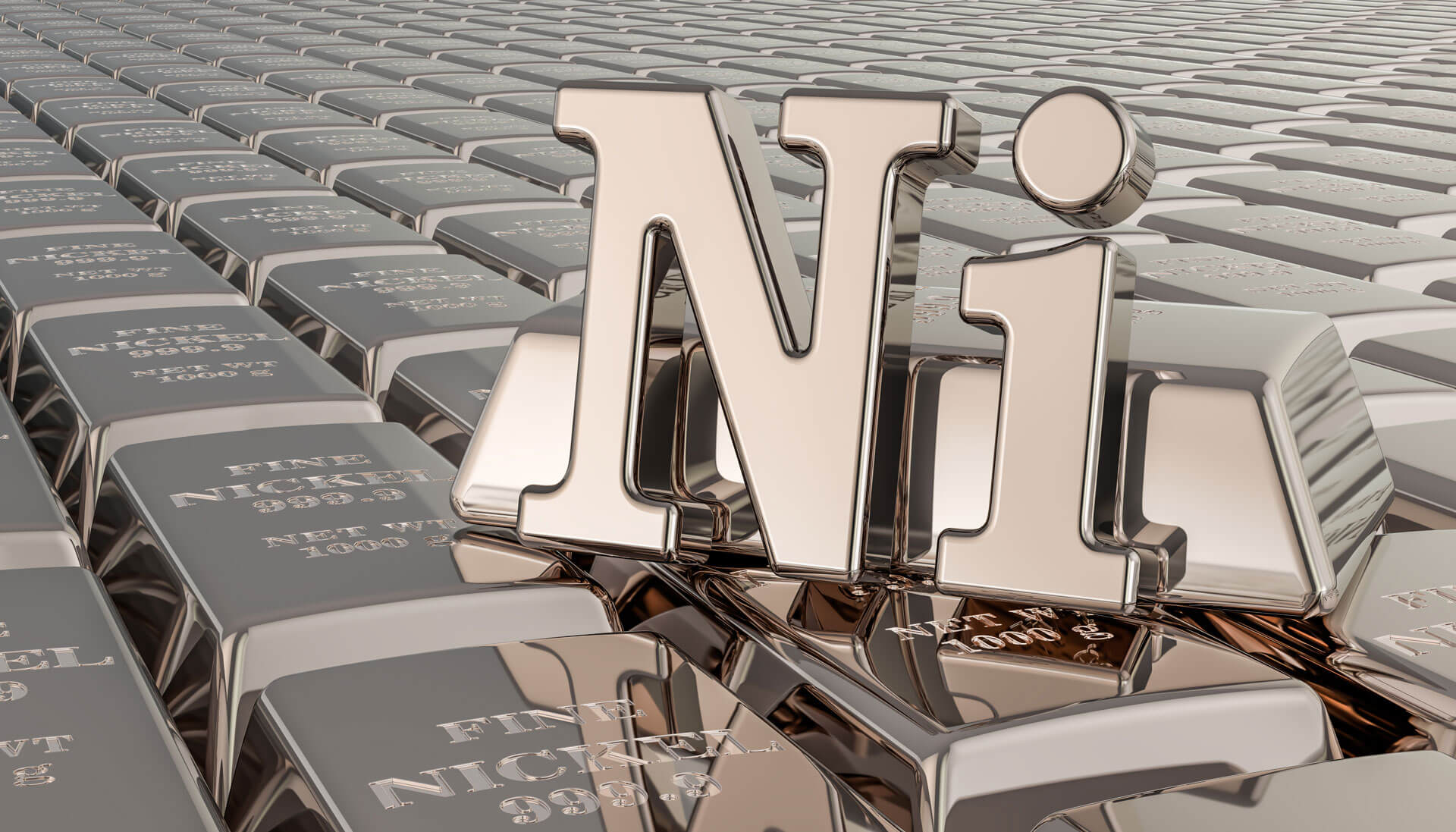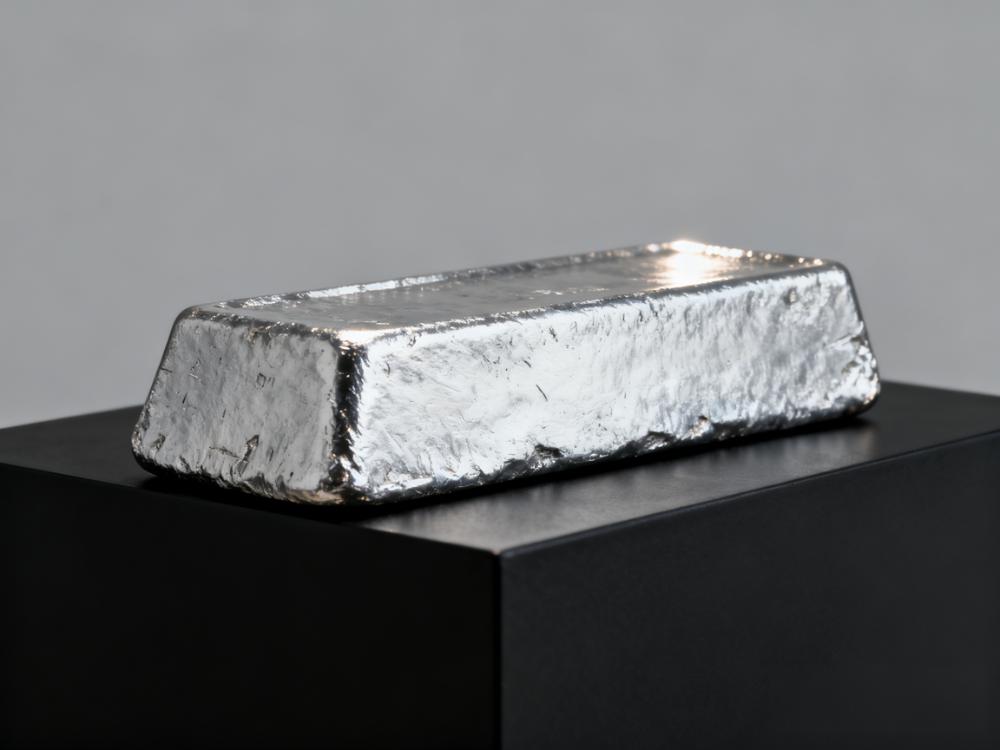SHANGHAI, Apr. 24 (SMM) - Tianjin's Environmental Protection Bureau announced in a conference late night on Apr. 11 that it would ban diesel-powered coal trucks from its port from the end of April, three months ahead of schedule, following Tianjin Mayor Wang Dongfeng's visit to the port. On Apr. 12, Tianjin Port Group held a conference to discuss how to ensure implementation of the ban in advance.
China Nickel Ore Inventories Grow Finally, SMM Reports, with Bearish Outlook for Price
Coal-carrying diesel-fueled trucks are blamed for one of major polluting sources in the Beijing-Tianjin-Hebei region. This February, the Ministry of Environmental Protection, together with National Development&Reform Commission, the Ministry of Finance, National Energy Administration, and Beijing, Tianjin, Hebei, Shanxi, Shandong and Henan governments, issued the 2017 Plan on Air Pollution Prevention and Control Works in Beijing-Tianjin-Hebei and Surrounding Areas. In accordance with the plan, Tianjin will ban polluting diesel-powered coal trucks from its port from the end of July, and all ports in Tianjin, Hebei and Bohai Rim Region will also apply the ban from the end of September.
What’s the impact on high-grade NPI market from the ban?
High-grade NPI producers in Inner Mongolia transport nickel ore from the Port of Tianjin for production needs, and those trucks usually carry coal to the port when departing from Inner Mongolia.
The ban is expected to reduce the number of such trucks from the Port of Tianjin to Inner Mongolia, with rising transportation fees, SMM foresees.
SMM learns that transportation fees of nickel ore from the Port of Tianjin to Inner Mongolia have rose from 20-25 yuan to 80 yuan per wmt.
With higher transportation fees, cash costs at high-grade NPI producers in Inner Mongolia will likely grow by 24-30 yuan per mtu, up 3-4 percent from the previous level, SMM predicts.
At present, high-grade NPI producers in Inner Mongolia are running in the black, and introduction of the ban will further deteriorate loss-making at local producers, which are actively looking for ways to save costs.
SMM survey finds following information.
First, the ban is advanced to take effect from the end of April, and SMM learns from market insiders that the number of trucks transporting nickel ore from the Port of Tianjin has begun falling from Apr. 13.
Second, the Port of Caofeidian and Jingtang are closer to the Port of Tianjin, and the two ports will likely gradually replace the Port of Tianjin as the main terminal ports of nickel ore shipments after Tianjin Port’s ban. Port charges at the Port of Caofeidian and Jingtang are about 35 yuan per wmt, about 5 yuan lower than fees at the Port of Tianjin. But, transportation fees of nickel ore from the Port of Caofeidian and Jingtang to producers in Inner Mongolia were slightly higher than those from the Port of Tianjin to Inner Mongolia before the ban. Hence, total fees were largely at the same level when comparing fees from the Port of Caofeidian and Jingtang to Inner Mongolia with those from the Port of Tianjin to Inner Mongolia. (See table below)
Unit: yuan/wmt
|
Transportation fees from the Port of Tianjin to Inner Mongolia before the ban |
Transportation fees from the Port of Tianjin to Inner Mongolia after the ban |
Port charges at the Port of Tianjin |
Transportation fees+port charges from the Port of Tianjin to Inner Mongolia before the ban |
Transportation fees+port charges from the Port of Tianjin to Inner Mongolia after the ban |
Transportation fees from the Port of Caofeidian and Jingtang to Inner Mongolia |
Port charges at the Port of Caofeidian and Jingtang |
Transportation fees+port charges from the Port of Caofeidian and Jingtang to Inner Mongolia |
|
|
|
|
|
|
|
|
|
The rise of 24-30 yuan/mtu in production costs from higher transportation fees after the ban will further worsen loss-making at high-grade NPI producers in Inner Mongolia, and this will likely accelerate closures of plants in the future. But, NPI plants in Inner Mongolia may choose to set the Port of Caofeidian and Jingtang as terminal ports in the new round of ore purchases. If so, the impact on production costs at high-grade NPI producers in Inner Mongolia from rising transportation costs following Tianjin’s ban will be not that significant, SMM expects.
For news cooperation, please contact us by email: sallyzhang@smm.cn or service.en@smm.cn.



